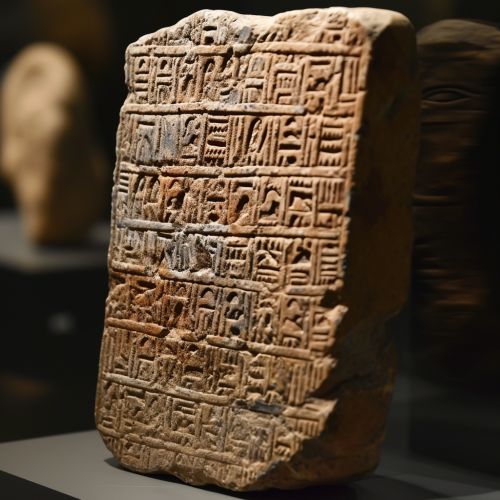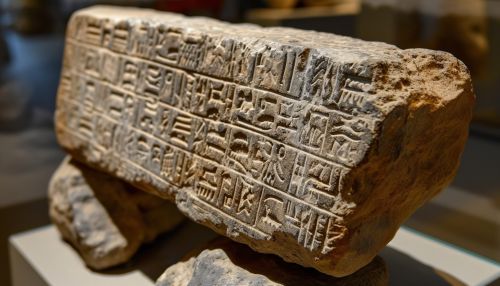Babylonian law
Introduction
The Babylonian legal system was one of the earliest and most comprehensive legal systems in the ancient world. It was characterized by a highly developed system of courts, a body of written laws, and a complex set of practices and procedures. The laws were codified and enforced by the state, and covered a wide range of social, economic, and personal matters.


Historical Context
Babylonian law developed in the context of the ancient Mesopotamian civilization, which flourished between the Tigris and Euphrates rivers in what is now modern-day Iraq. The Babylonians, who came to power in the region around 1894 BC, inherited a rich legal tradition from the earlier Sumerians and Akkadians. They further developed this tradition, creating a legal system that was both more comprehensive and more sophisticated than those of their predecessors.
The Code of Hammurabi
The most famous and influential set of Babylonian laws is the Code of Hammurabi, named after the sixth king of the first Babylonian Dynasty, Hammurabi (1792-1750 BC). This code, inscribed on a seven-foot-tall diorite stele, contains 282 laws covering a wide range of subjects, including trade, property rights, family law, labor relations, and criminal justice. The laws are notable for their detail and for their attempt to establish a system of justice based on the principle of "an eye for an eye, a tooth for a tooth."
Legal Principles
Babylonian law was based on several key principles. One of these was the principle of retribution, as embodied in the "eye for an eye" concept. This principle held that the punishment for a crime should be proportionate to the harm caused by the crime. Another important principle was the concept of presumption of innocence, which held that a person was considered innocent until proven guilty. This principle was reflected in the Babylonian legal procedure, which required the accuser to provide evidence of the accused's guilt.
Courts and Legal Procedure
The Babylonian legal system was characterized by a complex system of courts and legal procedures. The king was the supreme judge, and his decisions were final. However, most cases were heard by local courts, which were presided over by judges appointed by the king. The courts followed a formal procedure, which included the presentation of evidence, the examination of witnesses, and the pronouncement of judgment. The accused had the right to defend themselves, and could appeal a decision to a higher court.
Impact and Legacy
The Babylonian legal system had a profound impact on the development of law in the ancient world. Its principles and practices influenced the legal systems of other ancient civilizations, including the Hebrews, the Greeks, and the Romans. The Code of Hammurabi, in particular, is considered one of the earliest and most important legal codes in history.
